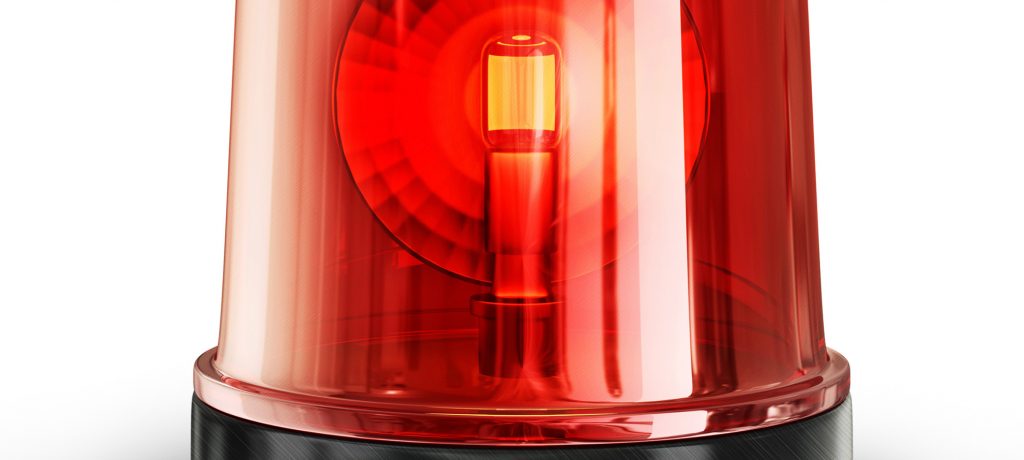Information Library
Start Reading

There have been famous instances of people trying to predict the future. While self-proclaimed prophets (i.e., Nostradamus) struck out, movies like Back To The Future II have predicted some interesting innovations: while we don’t have hovercraft quite yet, biometric identification and 3D are already here! As the leading dental emergency clinic in the tri-state area, let’s speculate on the future of urgent dental care.
With nanotechnology, dentists will be able to manipulate matter on a molecular level, growing back all of the substances in a tooth: enamel, dentin, and cementum. Any cavities that do show up will be able to be taken care of with materials that are natural, in a seamless fashion.
Dr. Harold Slavkin points out that “The past 50 years have seen more change in science and technology than the previous 500 years.” Since DNA was discovered only 50 years ago, how amazing that we have gone from simply being able to observe the existence of DNA to now being able to read it and use our knowledge of it to create amazing new biotechnologies.
A greater understanding of genetics will help us block tooth decay with oral biofilms. Penn Dental is already contributing the bulk of the information and research on oral biofilms. Dr. Hwang and Dr. Koo are working to understand how microbes adhere to solid surfaces, and how to break apart the biofilm that causes decay. Dr. Henry Daniell has a team working on genetically-modified plants to produce biopharmaceuticals to treat disease that are easier and cheaper to produce.
Genetics has been the key to identifying murderers and early-warning for disease. Now it holds the keys to treating disease and–eventually–blocking it entirely! That doesn’t mean that we’ll be immortal, but it does mean a much greater quality of life for everyone.
Stem cells will enable us to regenerate entire teeth. The building block of all human life, stem cells have the information within them to develop various specialized cells. Regenerated teeth would replace such imperfect methods as dentures and dental bridges, and possibly even eliminate the need for dental implants! Emergency dentists will be able to treat dental trauma in completely new ways.
To best profit from these new opportunities, a 5-year dental school curriculum will produce dentists capable of utilizing this new technology. Four years of traditional schooling followed by a one-year program with a mentor in a community-based program will result in dentists who not only have theory, but practice already in offices and dental emergency clinics across the country.
Dr. Slavkin also postulates that we will soon see quality dental care that is accessible to everyone, regardless of age, race, or socioeconomic status. While it’s still a question as to whether his other predictions will come true, Penn Dental Medicine is not content to stand by and wait. PDM already offers affordable dental care on an unbiased basis. No matter who you are or where you come from, you have an opportunity at Penn Dental Medicine to get the most competitive dental services available on the market.
For PDM, the future is now. Contact us today to learn more about how you can be part of the dental emergency clinic’s revolution.